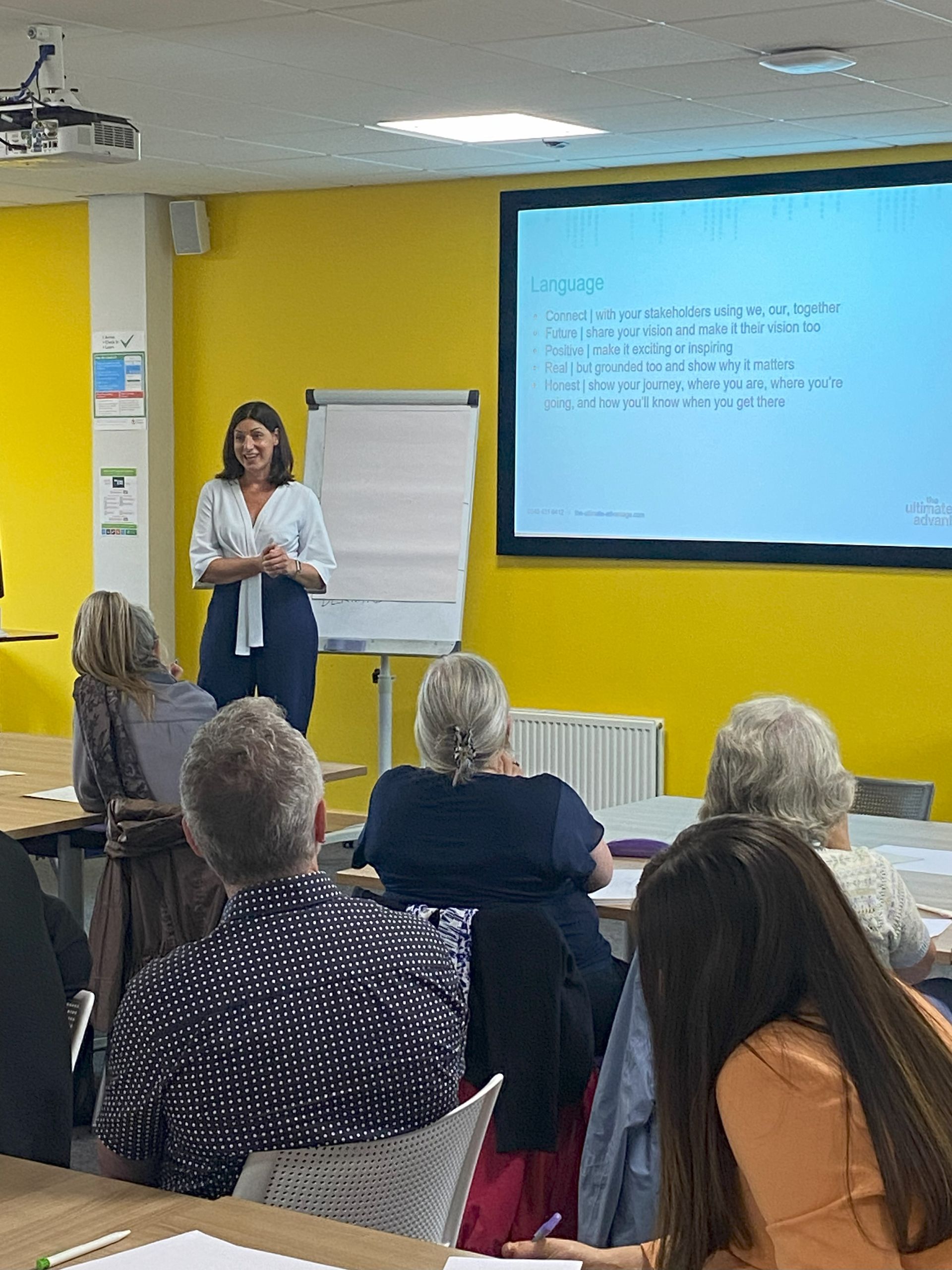
Fliss is celebrating once again becoming a member of the prestigious Professional Speaking Association (PSA), as part of her mission to assist business leaders to enhance their communications to ultimately transform how they work and how they collaborate with their teams.
Here she reveals her motivations behind joining and what this means for business…

What is the PSA?
The PSA proudly hosts 600 members consisting of keynote speakers, trainers, coaches, after-dinner speakers, emcees, and everything in between. It serves speakers and their businesses, helping them to learn and grow.
Why have you chosen to become a member of the PSA?
When we launched The Ultimate Advantage last year, we knew that delivering keynote speeches, hosting roundtable events, and appearing on webinars and podcasts would be an essential part of conversing with business leaders across the globe. And with decades of experience in linguistics, neuroscience, and the psychology of language, I’m certainly no stranger to the importance of compelling communication and how to achieve it.
But the PSA will further enhance this knowledge, provide opportunities to network with like-minded individuals with a shared ambition for professional speaking excellence, and allow me to spread my language mastery insights to more businesses worldwide.
What’s involved in joining the PSA?
As one of the most prestigious speaking associations in the UK, stringent rules and eligibility criteria must be met in order to gain membership. I had to confirm that I was already being booked (and appropriately paid) to speak, provide multiple references, and share footage of talks that I’ve hosted to date.
You were a member previously - why did this come to an end?
Having already been a member of the PSA, I’ve experienced first-hand the abundance of support it has to offer and the brilliant community it hosts. At the time, however, I was focused on my PR Agency, Zen Communications, and speaking wasn’t central to our strategy. Now that’s running happily without me, I can focus on The Ultimate Advantage, and pursue membership of the PSA and reap the valuable support it will provide.
To learn more about the PSA, check out their website:
www.thepsa.co.uk.
If you loved this then give it a share!


Download our guide to learn the five secrets to compelling communications.



